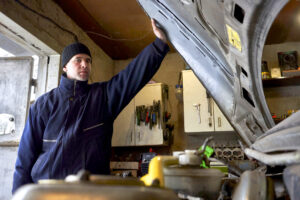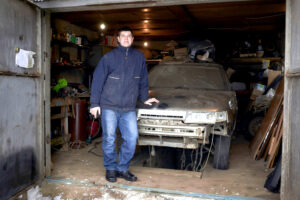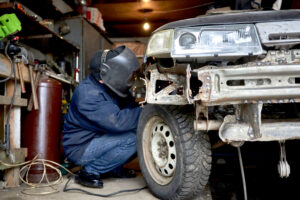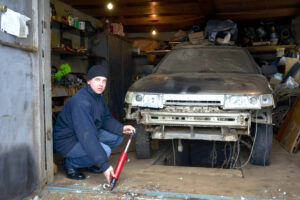
Launching a successful business in a frontline village
Many people from the Donetsk region are familiar with the sad story of ‘Azovmash’, the heavy and transport machinery manufacturer which drastically reduced its production, then stopped paying salaries regularly before laying off a large number of employees in 2012.
Thousands of workers were impacted. Alexander Korenev, who had worked as an arc welder at Azovmash for three years, was one of them.
When he lost his job, he had trouble finding suitable work immediately. “There was little chance of work in my home village of Starohnativka. Everyone who wanted to earn money was looking for jobs in one of the towns of the region,” recalls Alexander, now aged 32.
After a while, in 2013, Alexander was offered a good position at a dental clinic in Donetsk, where his wife worked as a manager.
Things seemed to be changing for the better, but unfortunately it wasn’t to last. In the spring of 2014, civil disorders began flaring up in Donetsk, and Alexander and his wife realised things would not end well. In April, the couple quit their jobs at the clinic and their rented apartment in Donetsk, and returned to their home village. “It had become increasingly dangerous to go to work, passing through the checkpoints of the opposing armies and with the risk of coming under fire,” he remembers.
But what do about a job? Where to find it? Should they look for a new home in other parts of Ukraine, already overcrowded with displaced people from the Donetsk and Luhansk regions? Leave the country?
The situation was made worse by the fact that Alexander and his wife could not be granted displaced persons status, although effectively they were. Though they had fled from separatist-held Donetsk, Starohnativka remained on the government-held side, just one kilometre away from the line of contact. This meant they did not have the right to any aid from the government or international humanitarian agencies.
But any crisis is also an opportunity to grow.
Alexander seized this opportunity. With a background as an arc welder, and considerable experience and passion for cars and metal, he had the perfect starting conditions to launch his own business – a car repair service. There was enough room at home to set up a workshop, and it was always him who repaired his own car.
There was little left to do – he bought a minimum of necessary equipment, on which he had to spend almost all his family savings. It allowed him to start his business. There was no need for advertising, it was enough to tell his friends and acquaintances that they needn’t go to another town to repair their rust-eaten car. This provided him with a small but stable flow of customers.
“In the village, word of mouth works better than any advertisement,” says Alexander. “There are a lot of cars in the village, and few can afford to buy a new one, so I had plenty of work.”
Of course, some customers he couldn’t service because he didn’t have the right equipment. Then in June 2019, he saw an announcement about a contest for micro-grants for small business development in the framework of the EU4Youth project on ‘Enhancing Youth Education, Employment and Participation in Conflict-affected Areas in Georgia and Ukraine’. Alexander submitted an application, went through a short agreement procedure and received a grant amounting to 22,000 hryvnia. This relatively small grant allowed Alexander to buy additional equipment, namely a hydraulic tool for auto body repair.
His clients and his revenue almost doubled. His clients are still mostly fellow villagers and people from nearby communities. Some of them need to have a corroded door sill welded, others need to refurbish a car underbody or to install a new door. But some requests are really difficult, such as the car which lost most of its front in a serious road accident. Alexander spent almost two weeks working on it, but he managed to repair it, and now the car continues to serve its owner.
“What’s important is that I’m my own boss now,” says Alexander. “I own my business and I have plans for the future.” And there are a lot of plans. First of all, he wants to buy some extra equipment and start fitting tyres, which will allow him to further diversify his service.
The coordinator of the EU4Youth project in Ukraine, Oleg Vishnevsky from the Danish Refugee Council highlights the impact of the project: “A seemingly modest support of 22,000 hryvnia (about €700) has allowed a young man to create his own enterprise which brings him enjoyment, bread and butter for his family and gives him the possibility to stay and live in his home village.”
Author: Anastasiia Kozyreva (Livelihoods Officer at Danish Refugee Council, Ukraine)
Alexander Korenev received support under the EU4Youth – Enhancing Youth Education, Employment and Participation in Conflict- affected Areas in Georgia and Ukraine project, which aims to enhance the livelihoods of internally displaced and conflict-affected youth, by increasing their educational, employment and entrepreneurial opportunities. It provides vocational training, internships, business mentoring and start-up grants, and supports government institutions on youth employment policies. The project is funded by the European Union under its EU4Youth Programme, and implemented by Danish Refugee Council, in partnership with the Education Development and Employment Centre in Georgia and and the Mariupol Youth Union in Ukraine.
MOST READ
SEE ALSO
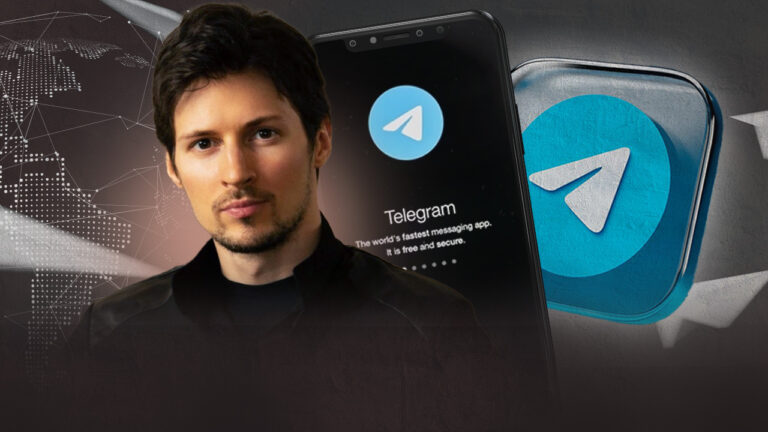
‘The Kremlin has entered the chat’: how to protect your personal data on Telegram and avoid the bait of propaganda

No, time is not on Russia‘s side
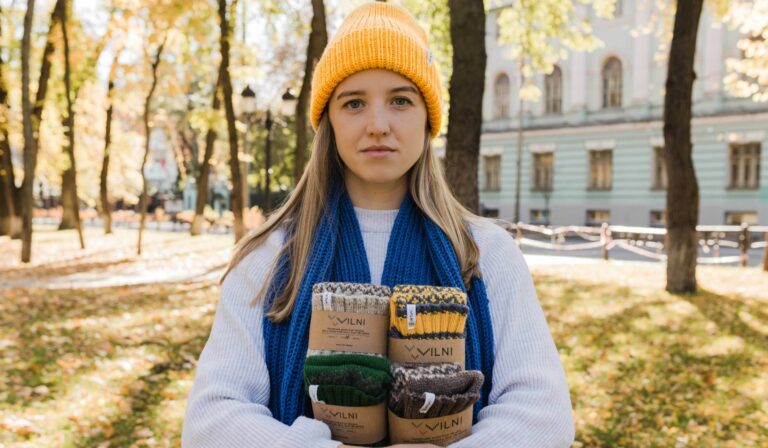
Socks for Peace: how the Vilni project is supporting internally displaced women in Ukraine
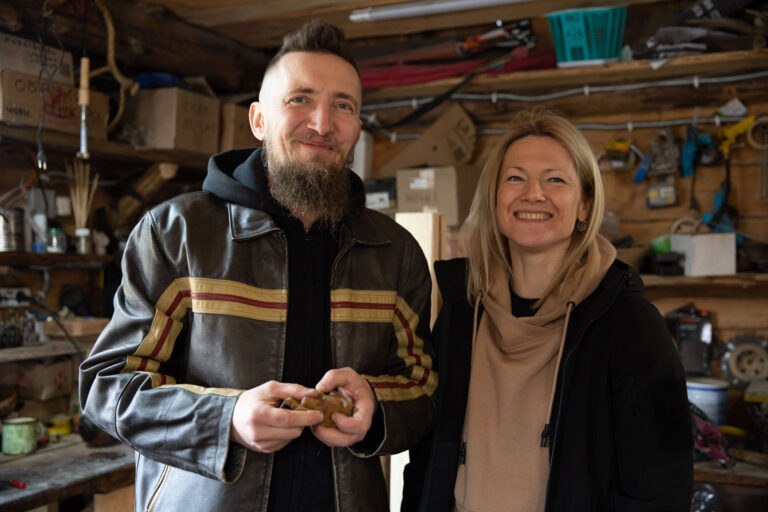
Celebrating traditional Ukrainian cultural identity in Rivne
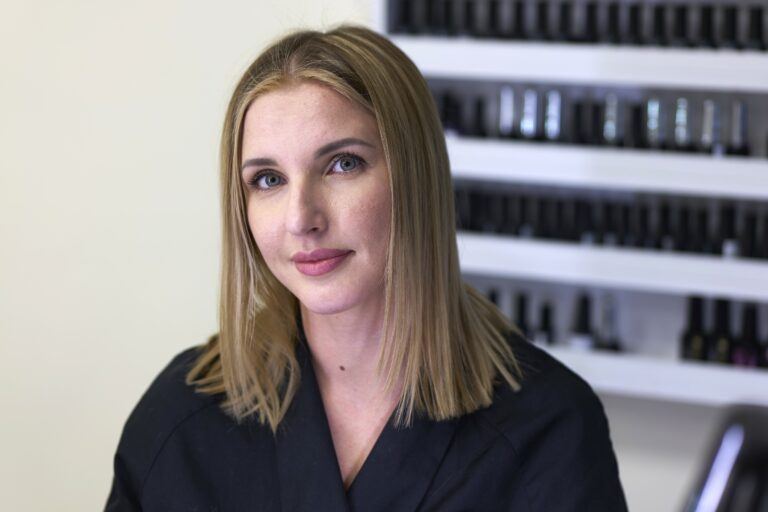
Natalia wanted her child to escape the war: how a single mother set up a successful business in Lithuania
More campaign pages:
Interested in the latest news and opportunities?
This website is managed by the EU-funded Regional Communication Programme for the Eastern Neighbourhood ('EU NEIGHBOURS east’), which complements and supports the communication of the Delegations of the European Union in the Eastern partner countries, and works under the guidance of the European Commission’s Directorate-General for Neighbourhood Policy and Enlargement Negotiations, and the European External Action Service. EU NEIGHBOURS east is implemented by a GOPA PACE-led consortium. It is part of the larger Neighbourhood Communication Programme (2020-2024) for the EU's Eastern and Southern Neighbourhood, which also includes 'EU NEIGHBOURS south’ project that runs the EU Neighbours portal.

The information on this site is subject to a Disclaimer and Protection of personal data. © European Union,
